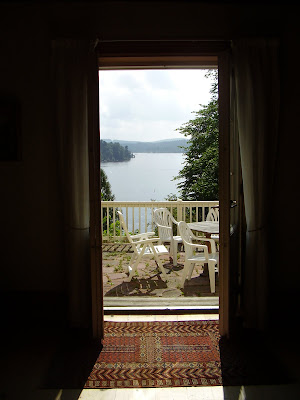
How appropriate is it to say of someone with dementia that part of him or her has already died? This was one of the things talked about when the diocese’s Safeguarding Adviser ran a trial study morning for four clergy yesterday; I went to help me reflect further on a subject about which I blogged on 14th July and 1st August.
In one sense it is literally true. Brain cells have died. But we would not use the language of someone who had lost the function of a different part of the body; someone who is blind, or has lost a limb, or who lives without a kidney.
In another sense it is metaphorically true. Something almost essential to our relating has been lost. But the metaphor makes more sense from the perspective of the one relating than it does to the person with dementia.
It is language with which many carers and partners are not only happy but actually find helpful. We heard more than one say this. But we heard one take a step further speaking of ‘watching someone die’ which might even appear to place care of those with dementia on the hospice rather than the care home side of a line.
The majority view was that the way the language made sense to carers and partners clearly made it appropriate. It would seem quite cruelly in their faces to challenge them about it. But the majority recognised why I remain deeply uncomfortable with language which open up a door to thinking of people with dementia (and thus in some ways relating to them) as anything less than fully alive people fully in the image of God.
Meanwhile, the light on the flowers in St Nicolas’ illustrates a side benefit of a move I made a little while ago to rationalise the random proliferation of furniture in the sanctuary there; the more simple arrangement only fitted together when the flower stand was moved from the north side of the altar to the south side, but ever since I have enjoyed the occasions when the light has fallen on them from the south facing window.










